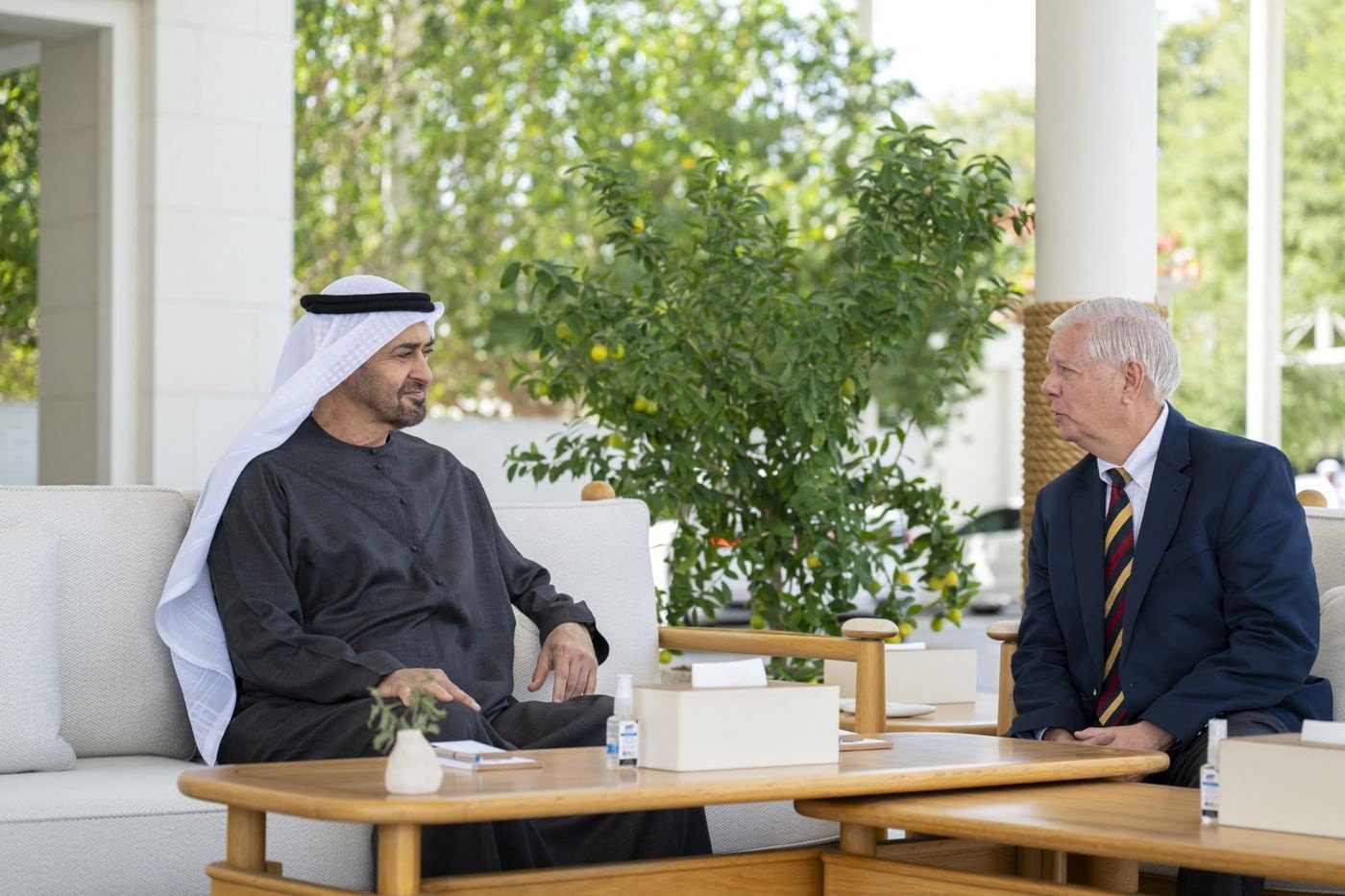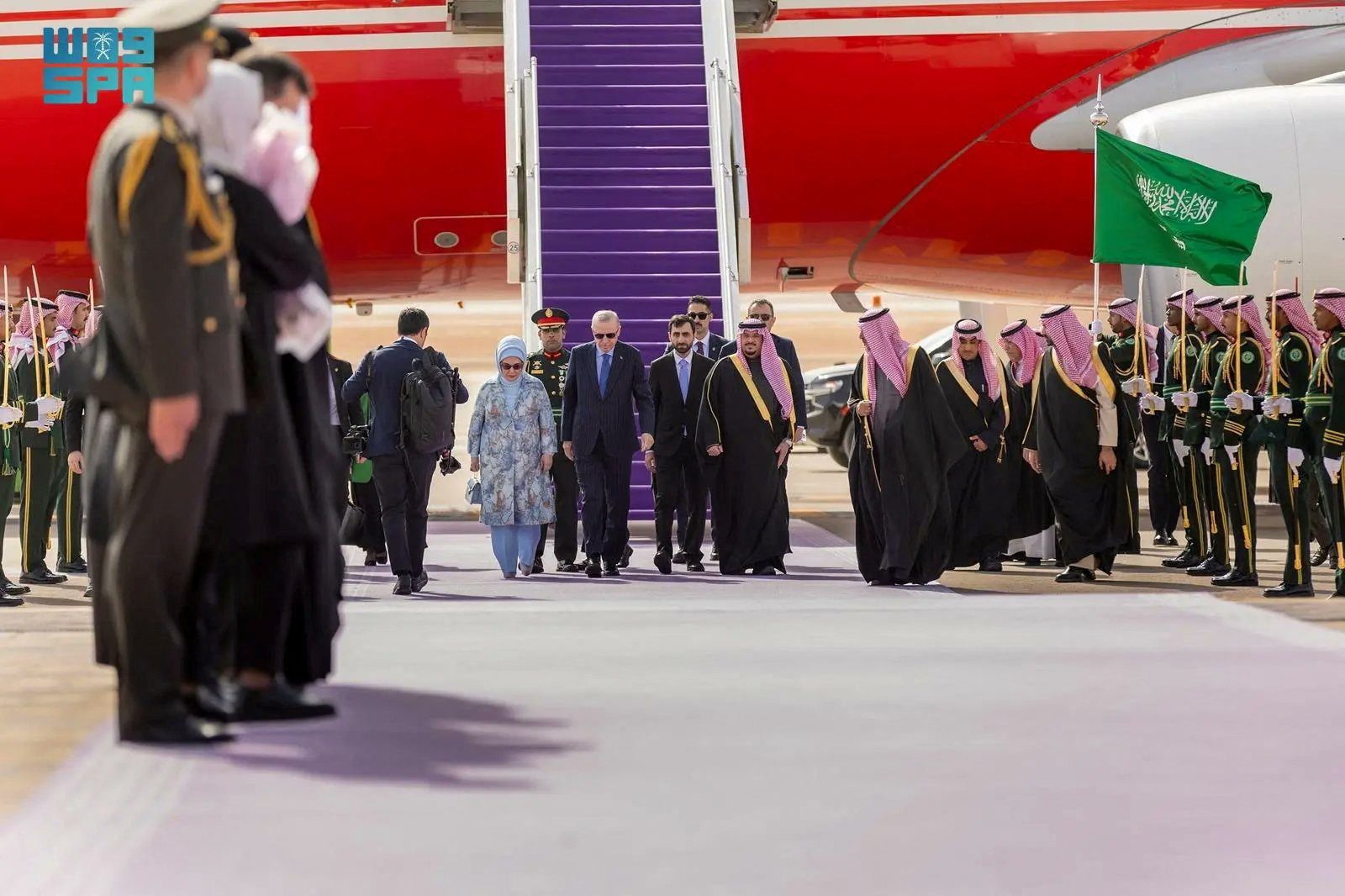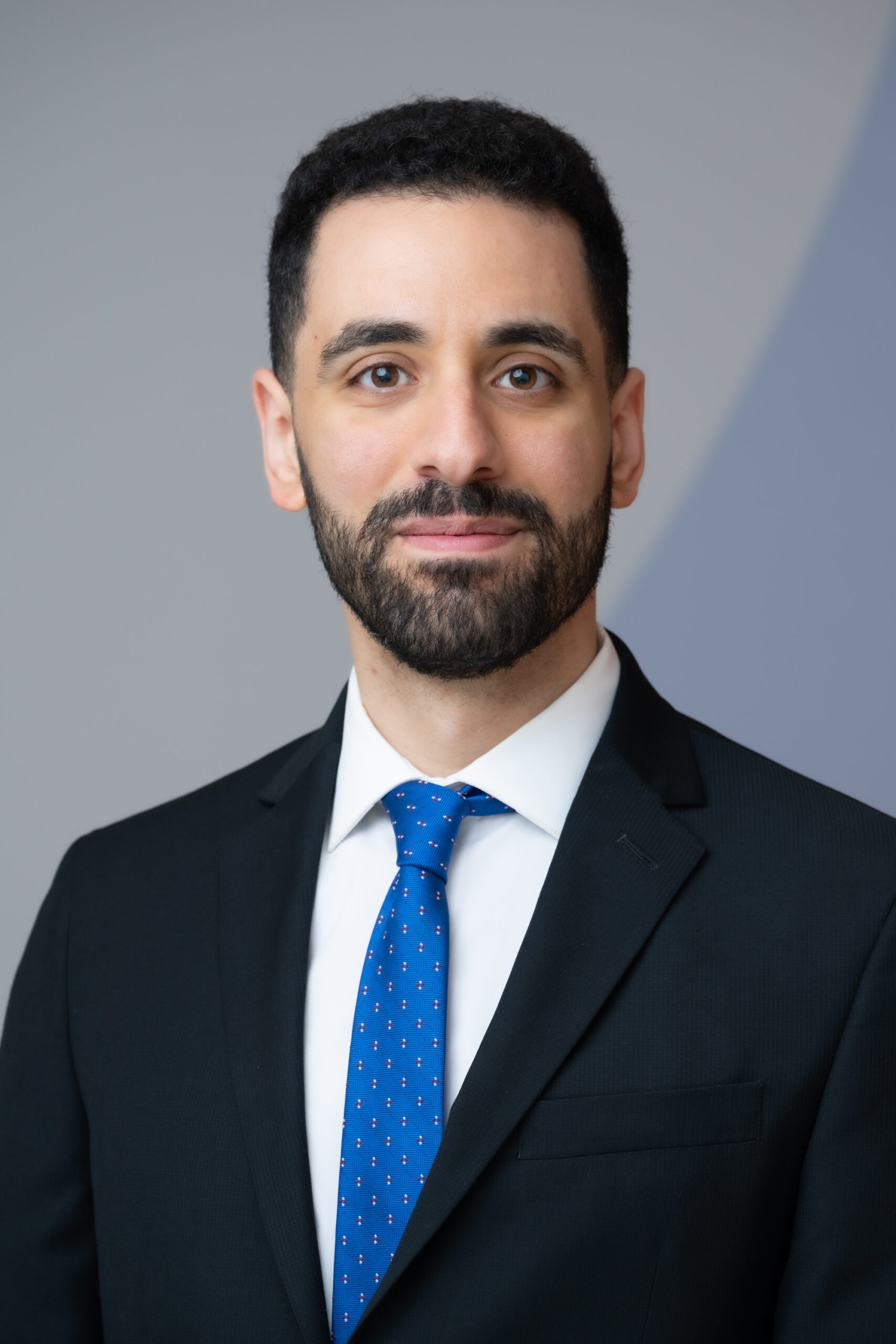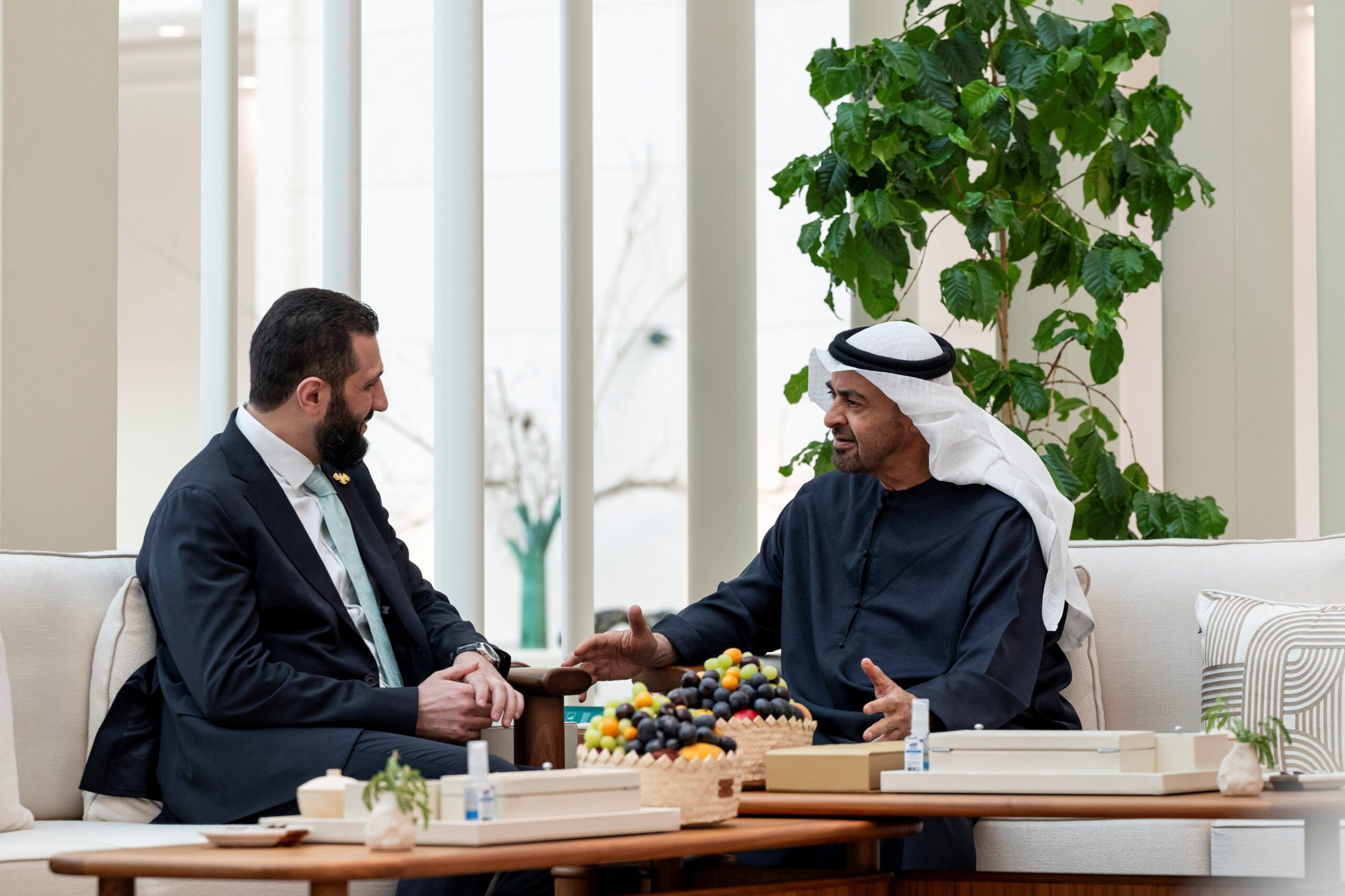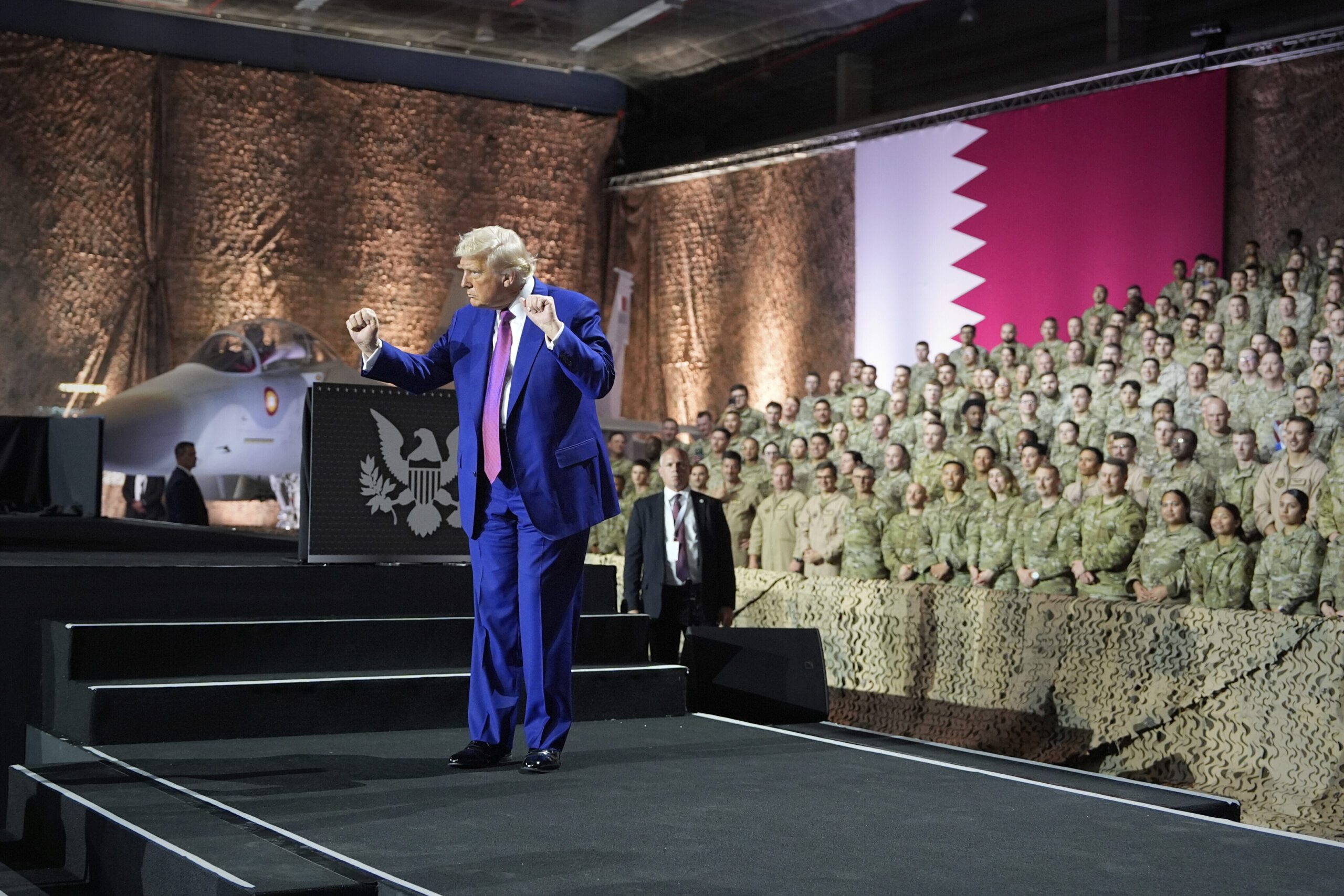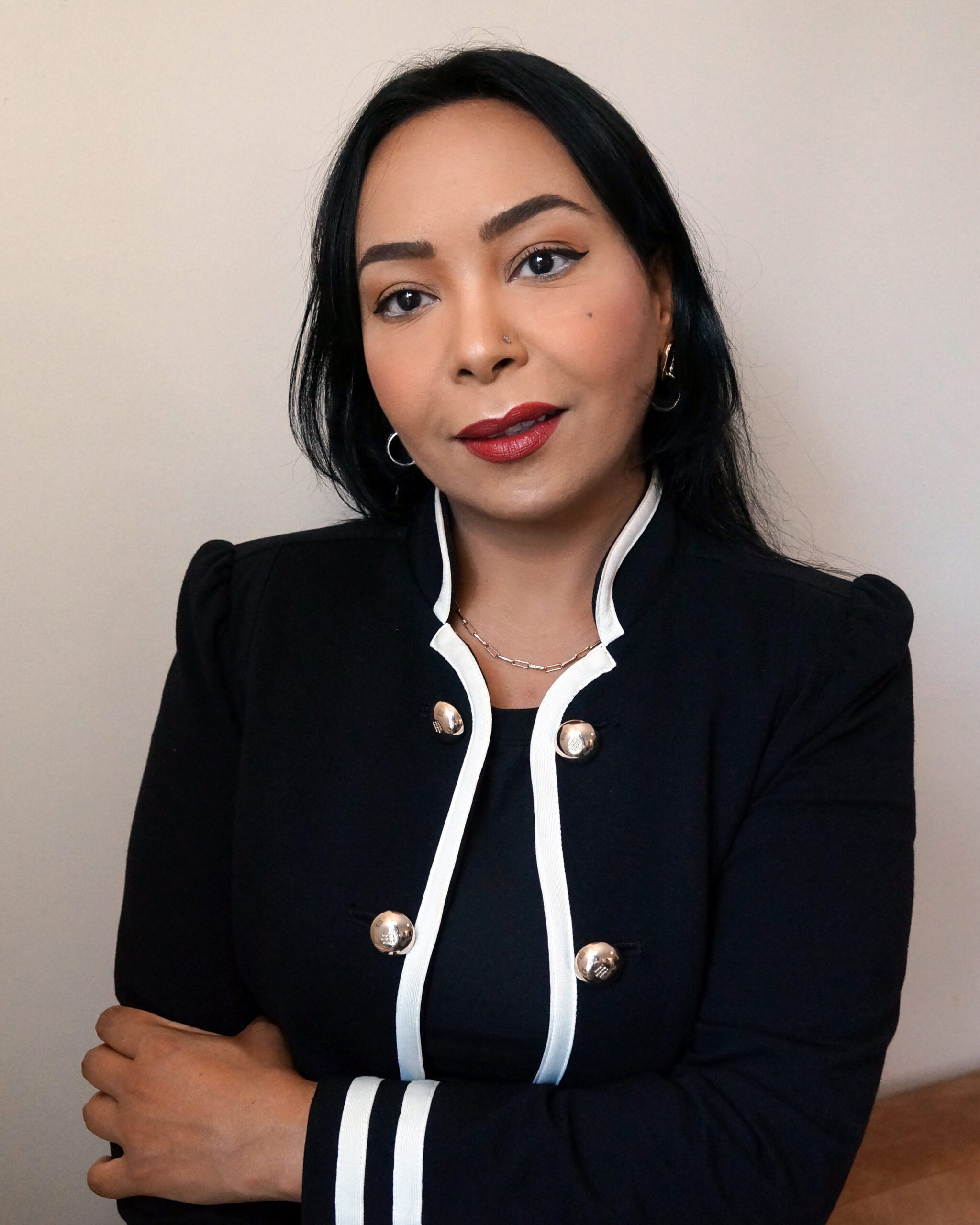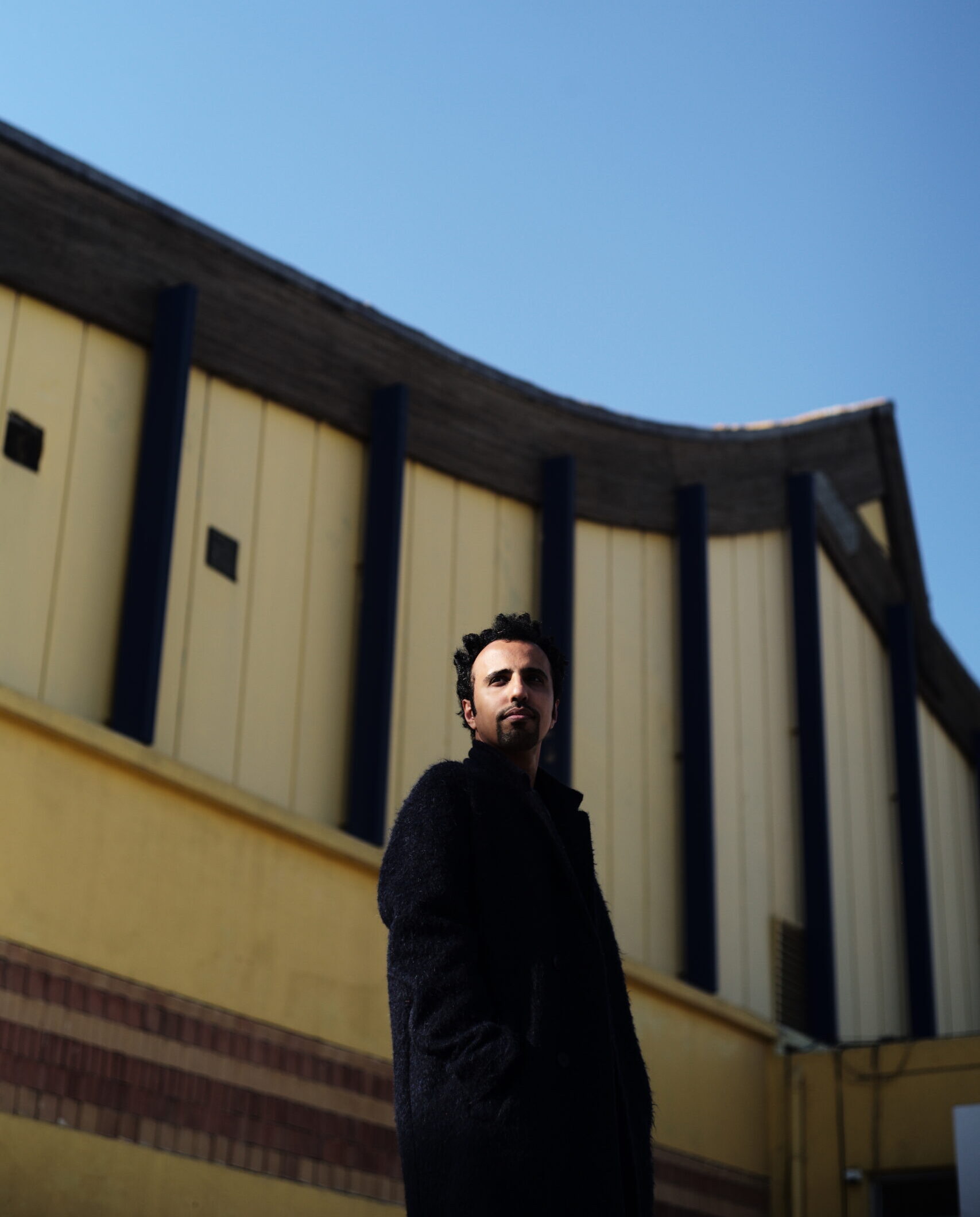Kuwait’s Constitutional Stand
A sit-in by members of Kuwait's National Assembly was a relatively rare example of a successful targeted political protest to achieve limited political aims, but it is unlikely the good feelings of national unity will last.
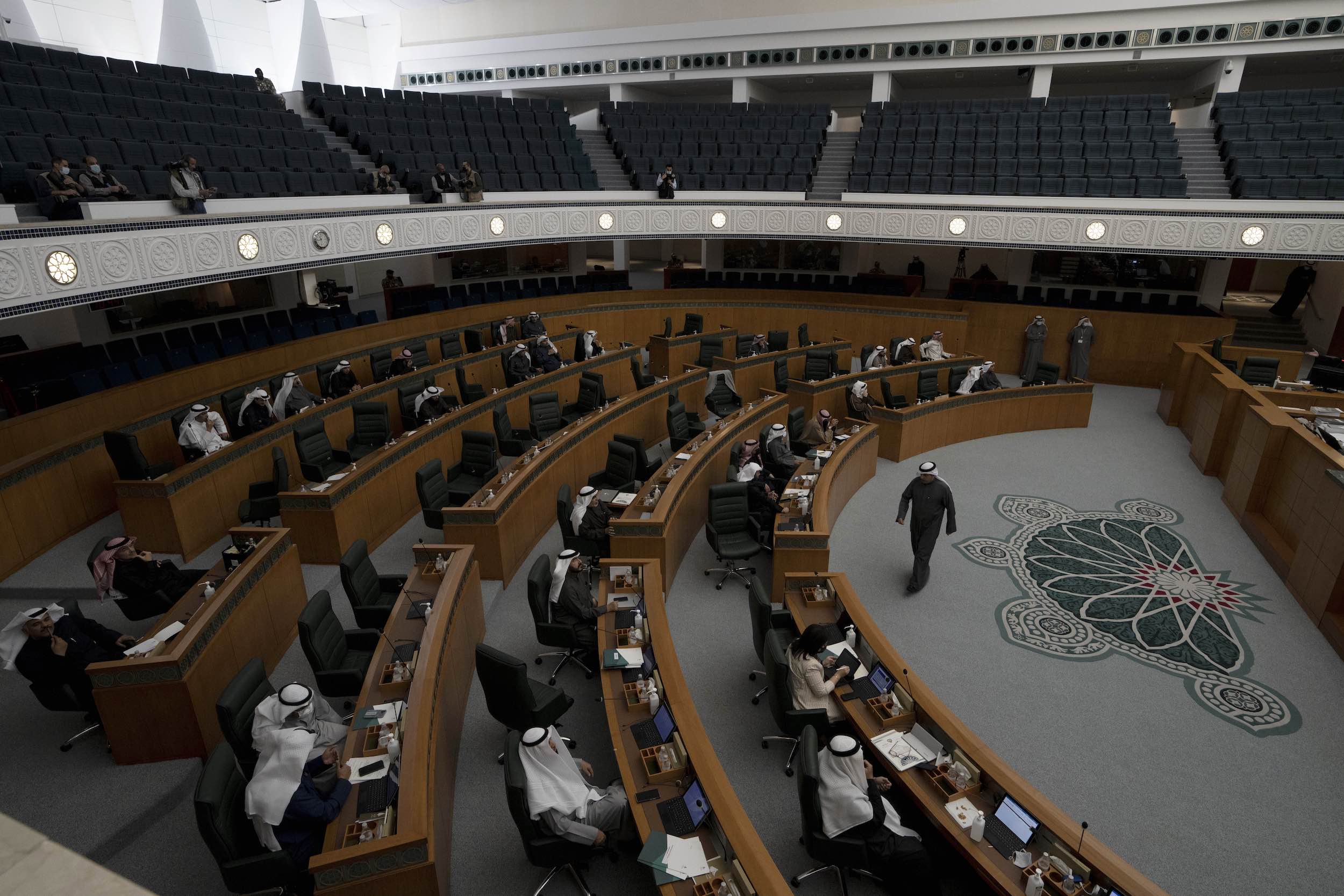
For more than a week, 16 members of Kuwait’s National Assembly held a sit-in in their parliamentary offices. Their demands were streamlined and succinctly stated: respect for the constitution and either the prompt appointment of a new government or the dissolution of Parliament with a call for new elections.
For months Kuwait had been building toward a constitutional crisis. Its origins were, emblematically, in parliamentary confrontations with the Cabinet and the leadership’s indecisiveness and inaction. In April, parliamentary members questioned Prime Minister Sabah al-Khaled Al Sabah and were able to gather enough support for a vote of no confidence. Faced with this inevitability, the prime minister – a ruling family member – submitted his resignation. Presented with this dilemma, Emir Nawaf al-Ahmed al-Sabah had two choices: accept the resignation and appoint a new government or reject it and call for new parliamentary elections. After a month, Crown Prince Meshal al-Ahmed al-Jaber al-Sabah, serving on behalf of the ailing emir, accepted the resignation. However, he asked the same Cabinet, including the prime minister, to stay on in a caretaker capacity. The continuation of this government, in defiance of the will of the Parliament, affected the ability of the Parliament to meet and aggravated an already hostile relationship between the ruling family-led executive and the elected body.
The sit-in by a coalition of members was a tactic to force a resolution. And it succeeded. On June 22, Meshal delivered a speech on the emir’s behalf calling for the dissolution of Parliament and new parliamentary elections, “in accordance with the will of the people and the rule of the constitution.”
What does the standoff indicate about the current state of Kuwait’s governance? How did the parliamentary members force a change? And will the current spirit of unity survive elections and a new government selection?
Regional Context and Local Politics
Kuwait has gained a reputation as the conservative and somewhat lethargic emirate of the Gulf. While neighbors race ahead through top-down, state-led projects of economic diversification and energy transition, Kuwait sometimes appears content to settle into a rather comfortable retirement, with money prudently stowed away abroad.
Yet this belies a certain disquiet in the emirate. Never at a loss for political discontent, there is growing anxiety over the lack of political leadership and unified national program. This is intensified by the youthful, if sometimes brash, leaders dominating the neighboring wealthy emirates of Qatar and the United Arab Emirates, and especially Saudi Arabia, which in the space of only a few years has cast off its own politico-religious inhibitions to drive generational change. This sparks both envy and unease in Kuwait, with perspectives divided by political ideology and torn by the competing desire for strong leadership versus fear of losing Kuwait’s hard-won political openness and independence.
That political independence has been much in evidence in the past year. Despite the emir convening a national dialogue with the parliamentary opposition in November 2021, welcoming back some exiled opponents from abroad, and appointing some new ministers deemed more amenable to Parliament, the opposition has persisted in challenging ministers. This culminated in April with the questioning of Prime Minister Sabah al-Khaled al-Sabah, who has been seen as lax in dealing with corruption allegations within prior governments and unresponsive to parliamentary discontent. A rather poor showing before vigorous parliamentary questioning left him lacking the parliamentary support to remain in power and sealed his fate.
Kuwait’s Aging Leadership
Kuwait’s anomie echoes the crises of democratic orders in the West, many of which, like the United States, suffer from political polarization, populist backlash, and dysfunctional governance. The weaknesses in Kuwait, though, lie not only in a constitutionally enabled Parliament, but also within a ruling house that suffers from its own divisions and lack of a sense of urgency in pursuing Kuwait’s own development blueprint, New Kuwait. As neighboring ruling houses move toward youth, the Al Sabah ruling family has strictly adhered to traditional ruling norms favoring seniority. This has left Kuwait with the most aged leadership in the Gulf. Both the emir and crown prince are in their 80s; in November 2021, the emir ceded some of his powers to the crown prince, who increasingly governs in his stead.
There are indications that the next successor, 81-year-old former Prime Minister Nasser al-Mohammed al-Sabah, may represent the same pattern. In the interim, Al Sabah leaders with the will to enter government and skill to navigate the Parliament and its sometimes excesses are few. While in February Foreign Minister Ahmed Nasser al-Mohammed al-Sabah survived a vote of no confidence, that same month the defense and interior ministers resigned their positions arguing that the lengthy parliamentary interrogations were an abuse of power, which prevented them from serving the Kuwaiti people. In the most recent standoff, the leadership’s unwillingness – or inability – to appoint an alternate prime minister does not lend confidence that the ruling house’s internal divisions and dearth of leadership talent have been resolved.
In the absence of determined leadership and appetite for the day-to-day management of Kuwait’s political arena, the initiative has been delegated to Kuwait’s ambitious speaker of parliament, Marzouq al-Ghanem. Often blocking the initiatives of more reform-minded parliamentarians and in seeming to channel the views of the ruling Al Sabah family, he has deployed a more imperious governance style and selective adherence to rules to bring the Parliament in line. This approach has also often been wielded in favor of the still powerful but politically besieged merchant class, further fueling a populist reaction. The most hard-line opposition now projects its ire and demands on the removal of Ghanem. This deflection of anger toward the speaker may be useful to the Al Sabah family, but if so, it is a strategy that itself has limits, as indicated by the recent standoff.
The Opposition Unifies
Kuwait’s opposition has been beset by its own internal divisions, animated by competing ideologies, personalities, and ruling tactics. Yet in the current crisis, the opposition coalition has managed to hold together, assemble a broader political coalition, and draw popular support.
First, the 16 members of parliament originating the sit-in set a concrete and achievable target: to get the government working again through the appointment of a new prime minister or a call for new elections, as dictated in Kuwait’s Constitution. The opposition members avoided the personalized attacks often found in rallies against the prime minister and especially the speaker of parliament. Instead, they cloaked themselves in the rule-bound and unifying language of Kuwait’s Constitution.
Second, they avoided direct provocation through an occupation of the Parliament hall or a call for rallies in the street. The members of parliament held their protest in their parliamentary offices, and while supporters did gather in the park in front of the National Assembly, this was not the focus of the sit-in. Later in the week they expanded popular participation by holding nightly gatherings at the home diwaniyas of the members of parliament, chosen to cycle through all of Kuwait’s five electoral districts. These diwaniya gatherings had the benefit of stressing the national character of the demands. They also served as a pointed reminder of the diwaniya gatherings of the 1980s: a time when the Al Sabah ruling family had dissolved the Parliament in defiance of the constitution, and when national forces sustained their protests by gathering in these quintessentially Kuwaiti spaces that mediate between the public town hall and private (protected) home. This may have served as a deterrent to any temptation to attempt another unconstitutional dissolution.
The strategy worked. The limited demands appealing for the respect for Kuwait’s Constitution and the preservation of political life succeeded in drawing in support from a broad cross section of Kuwaiti society. Petitions and statements of support from both liberal and Islamist political societies, labor unions, student unions, tribal groupings, and lists of prominent individuals circulated on social media. The parliamentary and political opposition movement itself, which had fallen to competing personalities and splintered between hard-liners and consensus builders, reassembled in support of the simple appeal.
In the end, the speech given by the crown prince struck the same tone of high-mindedness and conciliation. It referenced the deep respect for Kuwait’s Constitution and the will of the people. It promised not to interfere in the elections for representatives nor in the votes for parliamentary committees and leadership. The latter points to an unspoken target of the protest: the incumbency of the parliamentary speaker, Marzouq al-Ghanem. The speech was very well received across Kuwait, praised even by the hard-liners, and the sit-in representatives ended their protest in celebration.
The Way Ahead
While the sit-in represents a positive and relatively rare example of targeted political protest to achieve limited political aims, it is unlikely the good feelings of national unity will last. Fundamental political divisions remain in the country, including among many citizens who blame the Parliament for Kuwait’s lack of progress. Rivalries among royals may have played some part in animating the political unrest.
The crown prince’s speech stated that the dissolution will occur in the coming months, meaning that it is likely that the caretaker government and Parliament will remain until August or September, with elections taking place within 60 days after. The goodwill generated by the leadership’s concessions will likely allow for the passage of Kuwait’s budget, which needs to happen soon.
Despite the words of the emir, there is still time to alter the electoral districts before the elections, a topic that has been circulating in Kuwait for some time. The creation of new electoral districts – perhaps from five to 10 – will shuffle the power of tribal constituencies and may create a more challenging environment for the opposition. Still, Kuwaitis can look once again to elections and at least the opportunity for political renewal.
The views represented herein are the author's or speaker's own and do not necessarily reflect the views of AGSI, its staff, or its board of directors.


